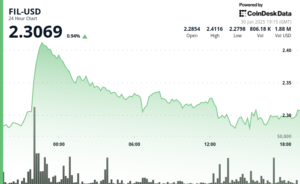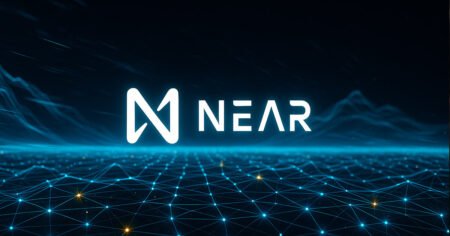Tether, the issuer of USDT stablecoin, has recently launched the Wallet Development Kit (WDK), an open-source toolkit that allows developers to create self-custody wallets for both humans and AI entities. The WDK toolkit supports Bitcoin and USDT wallets, offering users control over their digital assets in stable and volatile markets. This advancement aims to provide financial autonomy to individuals and machine-driven applications, enabling them to manage their assets independently.
The WDK toolkit emphasizes creating resilient wallet solutions that can function across various platforms, from mobile devices to AI systems. Developers using WDK have the flexibility to build custom wallet experiences tailored to their unique needs. With a focus on modularity and scalability, WDK can adapt to different operating environments, supporting both Bitcoin and USDT across a wide range of applications.
Moreover, Tether’s open-source design encourages contributions from developers, allowing them to build on and expand the capabilities of the WDK toolkit. The stablecoin issuer’s CEO expressed excitement about the potential of WDK, stating that it can build resilient monetary systems connecting people, machines, communities, and even entire planets. This vision underscores the importance of self-custody tools in maintaining control over financial assets.
Looking ahead, WDK plans to extend compatibility to all blockchains supported by Tether’s stablecoins, enhancing USDT’s interoperability for cross-chain developers. Additionally, UI templates will soon be offered to streamline the deployment of wallet solutions on various platforms. These future enhancements aim to provide a comprehensive toolkit for building robust, decentralized wallet applications across the blockchain, meeting the growing demand for decentralized financial tools.
This development comes as Tether continues its minting spree, with the stablecoin provider injecting over 6 billion USDT into circulation. Recent movements of USDT from Tether’s treasury to exchanges have sparked speculation in the community, highlighting the significance of stablecoin liquidity in the crypto market. As WDK evolves to support diverse blockchains and streamline wallet deployment, it holds promise for enhancing financial autonomy and control in both traditional and emerging digital environments.

















